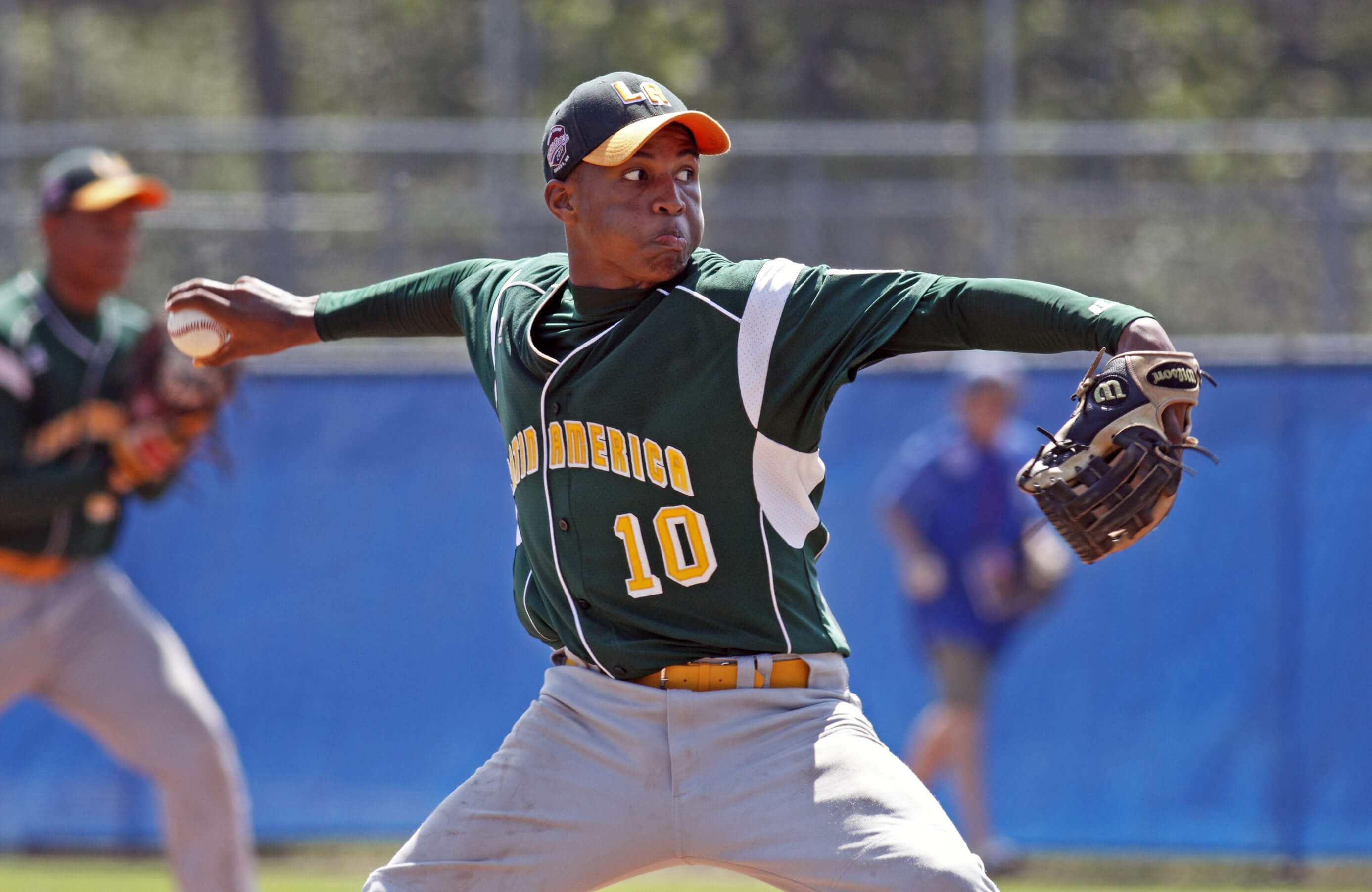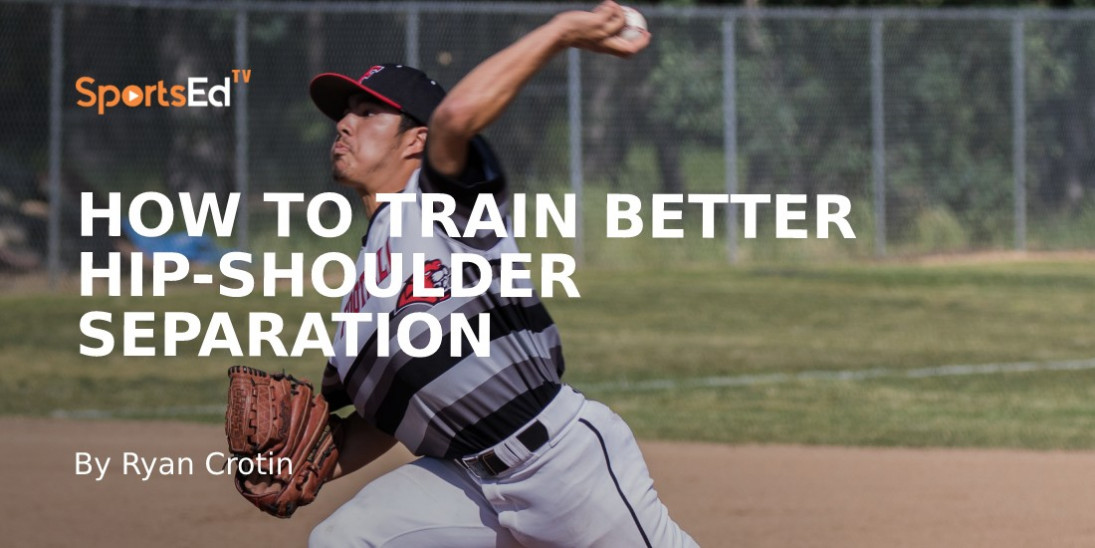Baseball
Welcome and thanks for visiting...

Tips to help you reach your baseball potential

In over four decades in MLB, I have found that there are at least four things that will determine how effective you become: 1) talent (genetics); 2) mechanics (skill); 3) preparation (how you train); 4) attitude (mental make-up). Everyone who plays youth league, high school, college, or professional baseball or softball has talent. Some have more; others have less. Talent is your genetic potential, and it’s a gift. You can't take credit for it. You didn't earn it. You inherited it. Being born with talent is like winning the lottery. Be sure to thank your parents and ancestors.
What is Talent?
Having talent, even lots of it does not guarantee success. Success depends upon how you use your gift. If you take it for granted and are content with just being on a team and making an occasional contribution, you will never achieve your true genetic potential. If, however, you work on your talent, even if it's marginal, you can reach your potential and be more successful.
Traditionally, coaches and scouts look for talent first and skill second. They look for strong arms, soft hands, quick bats, fluid motions, quick feet, good balance, strength, speed, and power. Why? Because they know that “you can teach skills, but you can't teach talent”. If you are a high school or college pitcher and throw in the upper 80s to low 90s, you are going to get noticed because coaches and scouts believe that they can teach you to throw one or more off-speed pitches. If you throw in the low 80s, you won’t draw much attention because they don’t believe that they can teach you to throw 90.
Mechanics (skill)
Running speed is one of the 5-tools that coaches and scouts look for. It’s the only tool that can be used on both offense and defense and because it’s a skill, it can be improved. Good strength and conditioning coaches can make everyone faster, but they can’t make anyone fast. You are either born fast or not, but you can get faster. You might not make the track team, but you can get faster. How much faster will depend on your genetic potential, relative strength, and running mechanics. You will run only as fast as your mechanics permit. No matter how big and strong you are, when your mechanics break down, your speed and progress will stop.

A pitcher with good strength and proper mechanics, for example, can throw harder with less effort and more accuracy. A weaker pitcher with bad mechanics will have to compensate by changing the sequence of applied forces, which, in turn, will put more stress on the arm and shoulder, increase the risk of injury, and inhibit control. Nolan Ryan compares pitching with bad mechanics to running a mile with a rock in your shoe. You can’t do it without injury.
Nolan believes that he could not have thrown as hard as he did for as long as he did without injury if he didn’t: 1) have the genetic potential; 2) possess near-perfect mechanics; 3) train appropriately; and 4) have a consistent mental approach.
The same concept applies to position players. Training is essential. You have to be fit enough to put in the reps needed to develop the mechanics required to run, hit, field, and throw at high levels.
Talent sets the upper limits of success. The more talent you have, the greater your potential for success and vice versa. Regardless of the level of competition, players compete with different levels of talent. On almost every roster at every level, including MLB, there are usually no more than two to three truly talented, 5-tool, marquee players. The remaining spots are filled with players of average to above-average ability who get the most out of their ability
Talent is a gift. Skills are learned.
The mechanics of running, sliding, hitting, fielding, throwing, etc., are skills acquired through hard work, repetition, and practice. Skills affect your level of performance. Poor skills limit it; excellent skills enhance it. Improvements in skills require a lot of time and effort. Skills don’t fall out of the sky and land on someone playing video games. They require a lot of hard work and dedicated practice. Training gives you the strength and endurance needed to put in the work required to improve your skills. If you are not in shape to do the amount of quality work required to improve your skills, you won’t get better.
Attitude (mental makeup)
Because many successful players are neither gifted nor mechanically perfect, coaches and scouts look at intangibles. Yogi said – “You can see a lot by watching”. Coaches and scouts watch to see: 1) how you compete - do you stay focused under pressure, do you hate to lose, are you gracious in victory and humble in defeat, do you sulk when you fail; 2) are you a good teammate – do you support your teammates; 3) are you coachable – do you listen or complain and make excuses; 4) do you respect the game – do you give opponents credit and avoid throwing your equipment and confrontations with the umpires; 5) are you the first one at practice and the last to leave; 6) are you willing to give whatever it takes? Pete Rose said he would “run through hell in a gasoline suit to play this game.”
Control what you can control.
Nolan Ryan believed that he should never lose because the opposition was better prepared than he was. He believed that you should never lose because the opposition was in better shape, got more sleep, ate better, and/or was more mentally prepared. He trained to go 11 innings, not 5, and fly and not just 9. He wanted to be in the game when it was won or lost.
He believed that you should try to control what you can and don’t worry about the rest. He said:
- “You can’t control the weather, so don’t let it bother you.”
- “You can’t control the umpire’s strike zone, so don’t get mad and lose focus.”
- “You can’t control the condition of the mound; it’s the same for the other guy.”
- “You can’t control the preparation of your teammates; be a good teammate, and don’t point fingers.”
- “You can’t control the decisions made by your coach or manager; what happened is not your fault.”
Preparation (how you train)
Deliberate, planned, and directed practice will give you a chance to get better. You can’t get better by just running a lap, playing catch, fielding a few ground balls, taking a few flys, and hitting off a tee. You have to train and practice with intent and purpose. If all you had to do was put in the time, then anybody could be an All-Star. Your goal, regardless of your genetic endowment, is to maximize your potential through practice. Training gives you a baseline of strength, speed, power, and endurance needed to put in the work required to improve skills. If you are too out of shape to do the work required to improve skills and mechanics, you won’t get much better. If you are trying to outwork everyone, stop and ask yourself – “Am I getting better or just making myself tired?”
When a teammate would strike out and look at his bat or make an error and look at his glove, Jose Cruz would say, “It’s not the arrow. It’s the Indian.” It’s not the training program or drills. It’s how much effort you put into them. Preparation must be mindful, purposeful, directed, and progressive. You can’t just put in the time and expect to be successful. Adaptation takes time. You can’t microwave progress.
If you are serious about achieving your potential, start by limiting the time you spend on activities not directly related to your development. If you are spending more time playing video games, texting, or talking on your phone than you are working on your craft, you are not preparing properly. Surround yourself with people vital to your success. Avoid those with no goals and negative attitudes; they will drain your energy and bring you down to their level. Given the choice between work and play, choose work. You'll have the rest of your life to play when you hang ‘em up. Take charge of your future today and start closing the gap between where you are today and where you want to be.
How you train will affect your success. If you're in shape, you can give a better effort, avoid injuries, and accomplish more work. To be successful, you must give 100% from start to finish. Proper preparation separates the successful from the "could have been." Look around. You know the guys in your position. How hard are they working? If you're competing for the same spot but doing less work, something’s wrong. Adjust your priorities.
The choice is up to you. You can work and be the best or enjoy the moment and do just enough to get by. If you take the easier path, someday, you might regret what you didn’t accomplish. Cal Ripken said:
“Along the way, I’ve watched a number of players retire. And they’ve always told me I wish I had played more, taken care of myself, and taken it more seriously.
I wanted to say that I took full advantage of the opportunity. I didn’t want to have any regrets.”
Cal’s approach was relatively simple – “When you come to the ballpark, be ready to play.” He wrote a book about it - Just Show Up. If you don’t show up, you are not available. If you are not available, you can’t help the team. If you are not available, you can’t practice or work out to get better.
Consistency trumps intensity. Working a little bit every day is more productive than working a lot 1-2 times per week. Improvements following training workouts last for about 3 days. If you work out once a week or every fourth or fifth day, you are starting over every week. Discipline starts with showing up and doing something every day. It doesn’t have to be the same thing. You don’t need to lift or run more than three times per week to see progress. Use the other days to focus on flexibility, range of motion, stability, balance, or game-related skills. At the end of the day, you want to be able to say, “I did something to help me get better today.”
There is a sign in the Cleveland weight room that reads - “There are two types of pain: the pain of discipline and the pain of regret.” Which one will you choose?
Work, rest, and diet

“Work and rest are both important, but neither is beneficial without the other.” Work is needed to stimulate growth. Growth, tissue repair, and immune function occur during rest, recovery, and sleep. Food provides the building blocks and energy for tissue repair, growth, and immune health.
Athletes need 8-10 hours of sleep every night to give recovery and growth time to occur. They also need a balanced diet with foods from every major food group and a variety of foods within each food group. You can’t go from Miami to LA on a half-tank of gas, and you can’t work out, practice, or compete on a donut and cup of coffee.
Training must transfer to the field.
If your training doesn’t transfer to the field in terms of better and more efficient performance, it’s not the optimal training program. When evaluating your training program, ask yourself four questions:
- “Am I faster on the bases?”
- “Do I have more range in the field?”
- “Do I drive the ball better?”
- “Do I record more outs on the mound?” Don’t be overly concerned with increases in velocity because pitching involves more than throwing hard.
Avoid body-building programs. You are not going to stand on the mound and flex one muscle at a time. Avoid programs that focus on gaining maximum strength and power in one plane of movement. Baseball uses primarily rotary movements in multiple planes. Train the movements used in baseball, not the muscles used in baseball. Select multi-joint muscles that work the entire kinetic chains and improve performance on the field.

Don’t neglect the core. The body is a 3-link chain. Forces originate in the lower body (hips and legs) and are then transferred through the core to the upper body, where they are applied to the bat and ball by the movements of the shoulder, arm, wrist, and hand. The core provides a stable base from which the arms and legs can move when running, jumping, throwing, pitching, and hitting. A weak core can’t transfer all or most of the force developed in the lower body to the upper body, which results in less total force from the lower body (energy leaks), alternations in mechanics, more stress on the upper body, and increased risk of injury.
Get in and get out of the weight room in 30-40 minutes and save your energy for practice and games. No one ever made the team based on the time they spent in the weight room. Stay focused when you work out. Constantly checking your emails, texts, etc., will cause you to lose focus, waste time, and apply less effort. A study from Harvard University indicated that if you give students a task to focus on and then send them an email or text, it takes them 30 minutes to regain their original focus after just one email or text. If you are constantly checking your phone during workouts, you are losing focus, wasting time, and working with less effort. Multi-tasking when training doesn’t work.
There is not enough time in this post to go into details about how to train, so I refer you to Strength Training for Baseball.
Gene Coleman, Ed. D., RSCC*E, FACSM has over four decades as a head strength and conditioning coach (Astros) and strength and conditioning consultant (Rangers). He is Professor Emeritus in the Exercise and Health Sciences Program at the University of Houston – Clear Lake and Website Education Manager at baseballstrength.org.







